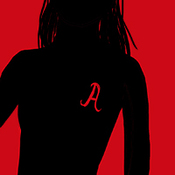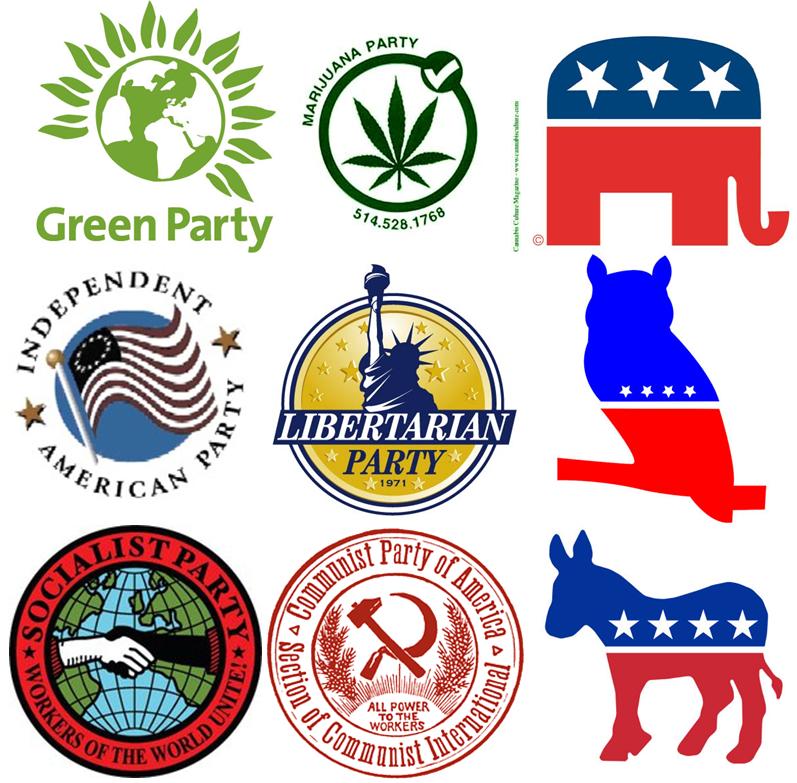
I often will say “I’m against labels.” One of my friends likes to point this out with some friendly (I hope) jabs regularly on social media much to my amusement (you know who you are), and admittedly, sometimes to my frustration. So, I want to clarify what I really mean by “I’m anti-labeling” because the truth (as it always is) is more nuanced than that pithy phrase can explain.
I like pithy phrases. I sometimes use them as a way to jolt a conversation or shock someone I’m conversing with to look at me a little like Scooby Doo looks at The Gang when they decide to chase a ghost. But to me, that’s often all they are… a conversation starter that I hope will become a deeper discussion. It doesn’t always work that way (in fact, it probably works in quite the opposite way much of the time), but that’s my style, such as it is.
So, “I’m anti-labeling” is one of those phrases I will use to provoke (not necessarily in a bad way) whoever I’m talking with into responding, and thereby hopefully move a conversation in a particular direction. But I will reveal a dirty secret: I don’t hate labels, and will use them frequently. Frankly, its impossible not to use labels unless one is intentionally trying to be verbose (or is naturally verbose like this writer can be when writing blog articles). Labels are just shorthand for longer definitions. They simplify conversation. They are an easy way to explain more complicated views, positions, history, backgrounds, whatever it may be. They’re just summarizing words, and everyone uses them, even me. What I actually mean, when I say I hate labels is I hate when labels become part of a person’s identity to the point that they matter more than the individual sum of one’s parts. When they suggest one trait or idea excludes others, and lock us into that identity, either by others, or by ourselves indefinitely.
See, I believe life is a journey, and while our traits and ideas make us who we are, they are 1) often malleable, or 2) a fraction of who we are, and 3) vary even among others who have the same or similar “traits” and ideas.
For example, I am an atheist. A few years ago, this label represented a large part of my identity because I was exploring being open about having this viewpoint after having been a devout Christian. It was part of my transformation process to be outspoken about these ideas that were important to me. I needed people who knew me to know this was who I was now, partly as a way to test if they would still accept me, and also for me to be able to know I could be myself around them. While very little of my views on the subject have changed since then (though I’m open to changing them if new evidence comes along), I just don’t feel that label is as important as it once was to who I am now. I don’t seek out other prominent atheists to hear their ideas as much, and I’m not as drawn to atheist communities as I used to be. It doesn’t fire me up to battle with believers like it once did (though I still do enjoy it if the occasion arises), and while I still wish there was less religion in the world, I don’t care as much to tell you that.
Yet a person could see that very true label and assume much about me. Some of it is probably true, some of it is not, and a lot of it just falls into that nether world area of true, but not that important. A lot of it is the other person bringing with them one definition of the term that varies greatly from mine. If I allow that label to be everything that I am, I fear it will capture me like a black hole captures light and matter. I’ll never escape it even when confronted with new ideas that challenge my assumptions and views. Black holes have some purpose. They are like a galaxy vacuum cleaner, and eventually, they destroy everything in their path so the universe can start over. A label can be like this too. It becomes so abused by its users that it eventually destroys itself, and everything that touches it.

But I don’t want to be destroyed, nor do I want society to destroy itself (yet), so I reject labels as a matter of routine partly to say to others you cannot define me, and partly so that I do not throw myself into that black hole of identity.
What I do want is to always be willing to throw away, or not concern myself with, parts of my identity if it makes sense to do so. To throw the label in the black hole, but save myself. That doesn’t mean I will. There may never be a need. Some aspects of my identity I can never throw away, but I can reduce how much they matter to me.
Another example, growing up, I always knew I was half Finnish-American (3rd generation). That is a big part of my family’s identity. My other half is a little more “mutt”, but includes Norwegian (Vikings!), German, English, and includes ancestors who came to America on the Mayflower, and who fought in the Revolutionary War. I’m proud of that heritage and see no reason not to claim it. It bonds me with that side of my family, and other Finns I meet in the world. (It also forces me to pronounce “sauna” correctly and correct anyone who does not). But being half Finnish is only part of who I am, and because it is something I cannot control, it means a little less to me than the ideas I’m trying to live my life by, how I treat others, what I do in this world, and the people I love. If being Finnish-American meant I had to treat others terribly, I would leave dissociate myself as much as I could from the label, even though I can never really change that part of my ancestry. Fortunately, for now, I don’t have to make that choice.
Another label I both use and shun paradoxically, is libertarian (small “l”). It’s a word that means many things to many people, especially in this moment in time, as our online lives have become more divided by politics, and teams. I find its easier to use libertarian to broadly explain my worldview to use the term (along with “classical liberal” or voluntaryist, or min-archist, and others), but it’s a double-edged sword. Once you use the word to describe yourself, it will be thrown in your face, and used to define everything you are, often times by people who don’t fully understand what the words mean to me. If others who call themselves libertarian behave badly, you will be tarnished by association with them, even though you also decry their behavior, or certain views. In short, people will use their own biases against you and not bother to learn what you actually mean or think, because they believe they know. On the other side, it can become a shield, or a tribal coat of arms one uses to gather with like-minds against the “other.” This is true of all political labels. But “libertarian” is only a useful term so long as it means what I am. I do not mold my views to be more libertarian.
One reason I keep using the word is the libertarian tent is large and actually describes many different micro positions that fall under an “individual liberty first” umbrella, and includes people who love vibrant debate, and thoughtful position tweaking (something I wish more people on the outside looking in understood). If that changes, I’ll abandon the term and the tent without regret. In fact, right now the term “classical liberal” is currently being usurped by those who previously called themselves “on the left” but who no longer identify as a progressive. It doesn’t quite fit libertarian anymore, but I’m holding onto it for now because it does fit parts of me.

All I’m asking is that you get to know me (and anyone else) for the sum of my many different parts, not the parts themselves, and allow that people constantly change those parts as they learn new things, meet new people, and have new experiences. I truly want to do the same with you, but we cannot until we accept that no one label defines us (even if we think it does or want it to). Be willing to abandon the label when it fails to mean what you think it should mean, and be willing to ignore the label even if it is true and cannot be changed because of an immutable trait. Never let the tribe’s collective view suck you entirely into its gravitational field. No intersectional identity or political label can ever do justice to the individual. When we fall into a black hole, or push others into one, we limit human progress.
Peace,
Persephone K
Hey, a long time ago I wrote a related piece on this topic. You can check it out here: https://www.persephonespath.com/the-trouble-with-blogging/
